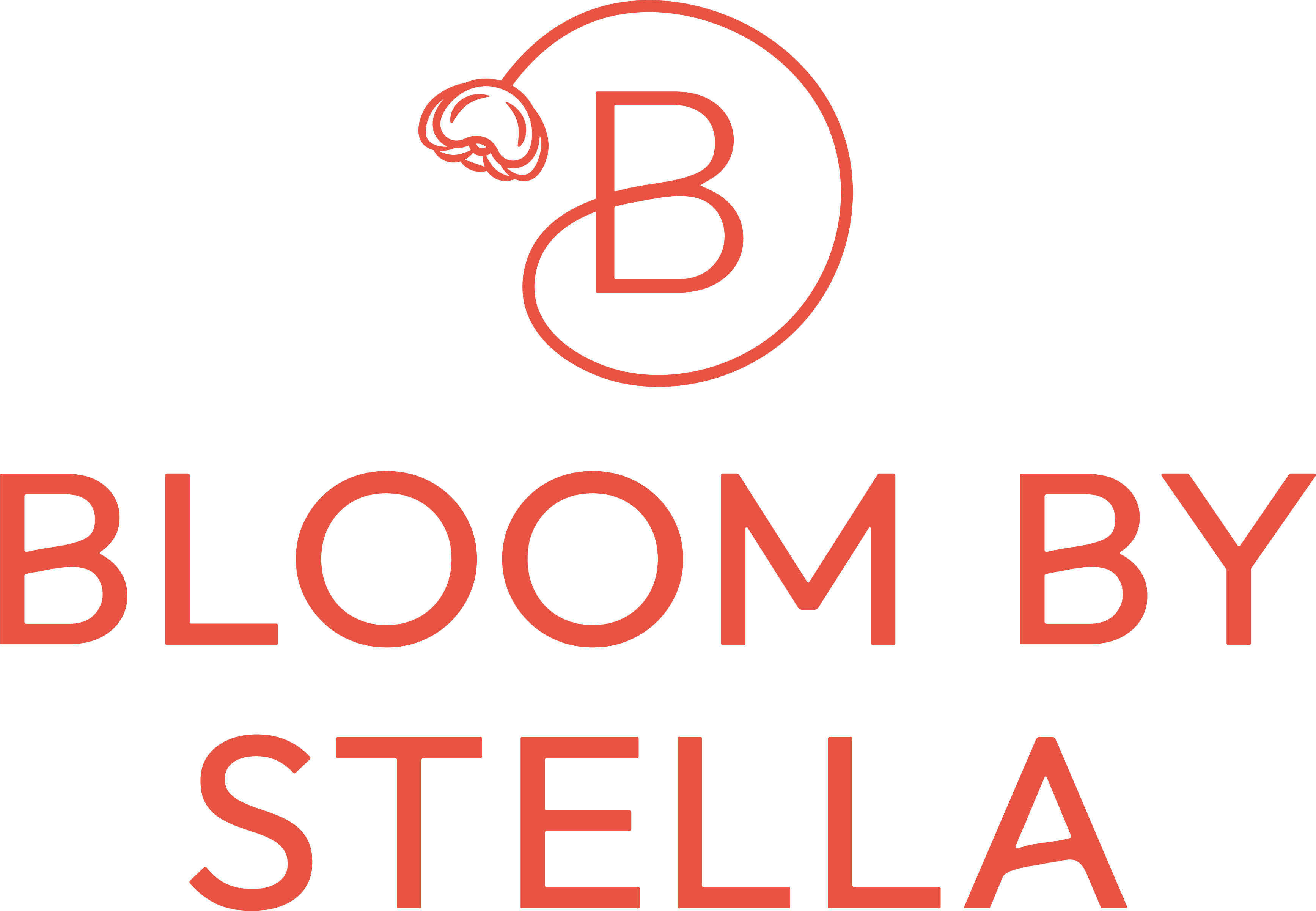Article: Daring to Write: How Poetry Taught Me to Take a Chance on Myself

Daring to Write: How Poetry Taught Me to Take a Chance on Myself
For most of my life, I was a secret poet. Writing was my lifeline—a quiet, intimate way to process everything from heartbreak to hope. It wasn’t something I shared with others, not because I didn’t love it, but because I didn’t believe it was “good enough.”
I thought poetry was for the greats—Maya Angelou, Charles Bukowski, the iconic poets whose works filled anthologies and inspired generations. How could my scribbled verses compare? I kept my poems hidden, writing for myself and no one else.
But poetry has a way of whispering truths you can’t ignore. Over time, I realized that every poem I wrote was an act of courage, a small way of taking a chance on myself without waiting for permission.

Writing in the Shadows
I remember the first time my poetry saw the light of day. My middle school teacher, Mr. Sosa, secretly submitted one of my poems to a statewide competition. A few months later, he handed me a certificate and a booklet with my poem inside—I had won third place.
That moment should have been a turning point, but instead, I tucked it away. Poetry felt too vulnerable, too impractical. I convinced myself to focus on more “realistic” pursuits, like building a career and climbing the ladder of success.
So, I built a life rooted in entrepreneurship, channeling creativity into practical outlets—writing blogs and articles for industry publications, speaking at events and on podcasts, organizing and participating on panels, and solving problems with innovative approaches. Yet, through every success and challenge, poetry remained my quiet refuge. It was a constant reminder of who I was at my core and who I had the potential to become—if only I allowed myself the permission to embrace it fully.
Why Poetry is Permissionless
You don’t need credentials or qualifications to be a poet. Poetry doesn’t care about degrees or accolades—it cares about honesty. Every poem is an invitation to connect with yourself, to take the intangible and make it real.
When I finally decided to share my poetry in the PLANT Your Life Planner, it wasn’t because I thought it was perfect or worthy of acclaim. I did it because those raw unedited words had carried me through some of the hardest times in my life. I believe they could do the same for someone else.
Publishing my poetry has been terrifying, but it taught me an important truth: you don’t need permission to create or share your voice. You just need the courage to begin.
How Poetry Inspires Personal Growth
Poetry isn’t just words on a page—it’s a tool for transformation. Writing poetry allows you to connect with your inner self, explore your emotions, and take meaningful steps toward living authentically.
Here’s how you can use poetry practically to grow, reflect, and take chances:
1. Self-Reflection Through Writing
Poetry is a mirror, reflecting your fears, dreams, and desires. It helps you uncover truths you might otherwise ignore.
Try this exercise:
Write a poem that begins with the line:
“If I weren’t afraid, I would…”
Don’t overthink it—just let your thoughts flow. When you’re done, read it back and reflect on what your words reveal about where you’re holding back.
2. Building Confidence Through Small Risks
Every poem you write is a small act of courage. It doesn’t have to be perfect or shared with anyone—it’s about the bravery of expressing yourself.
Action Step:
Pick one thing you’ve been hesitant to try—writing a love poem, exploring free verse, or experimenting with a new creative outlet. Give yourself permission to be bold and imperfect. For inspiration, explore this guide on How to Make a Poem by the Poetry Foundation, which offers practical tips for starting your poetic journey.
3. Creative Journaling as a Path to Clarity
Poetry can be a powerful form of journaling. Instead of writing a traditional journal entry, let your thoughts and feelings take poetic form. This can help you uncover deeper emotions and ideas.
Practical Tip:
Start with a journaling prompt like:
“What is one truth I’ve been afraid to say out loud?”
Turn your response into a poem. You might be surprised by what surfaces. If you’re new to journaling or want guidance, check out this helpful article on How to Start Journaling for Better Mental Health from Psychology Today.
4. Living Authentically Through Your Voice
Poetry teaches you to trust your voice. It’s not about rhymes or structure—it’s about capturing your unique perspective. Writing poetry helps you show up as your authentic self, unapologetically.
Challenge Yourself:
Write a poem about a moment when you felt most alive. What about that experience spoke to your authentic self? Capture it in your own words, without worrying about how it “should” sound.

Your Story Matters: Take the Leap
If poetry has taught me anything, it’s this: your story matters. Your voice, your experiences, your dreams—they deserve to be heard.
What’s one thing you’ve been holding back from because you’re waiting for permission? Write it down. Then take five minutes to write a poem about it. Don’t overthink—just let the words flow, raw and unfiltered.
Your words don’t need to be perfect. They just need to be yours.
Taking a chance on yourself doesn’t require perfection; it requires courage. Imagine what could happen if you gave yourself permission to try. Write the poem, start the business, take that leap. The only approval you need is your own.



